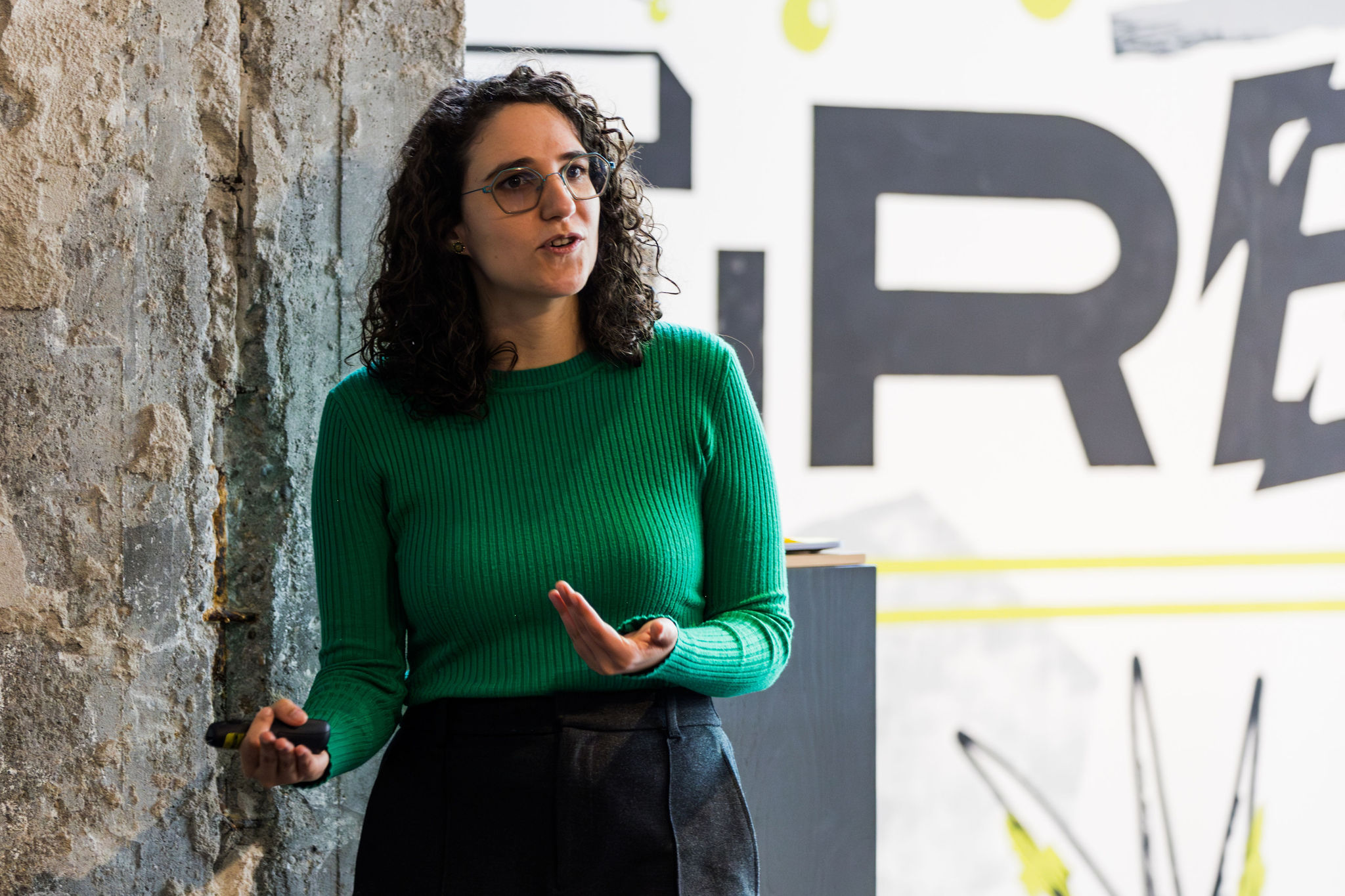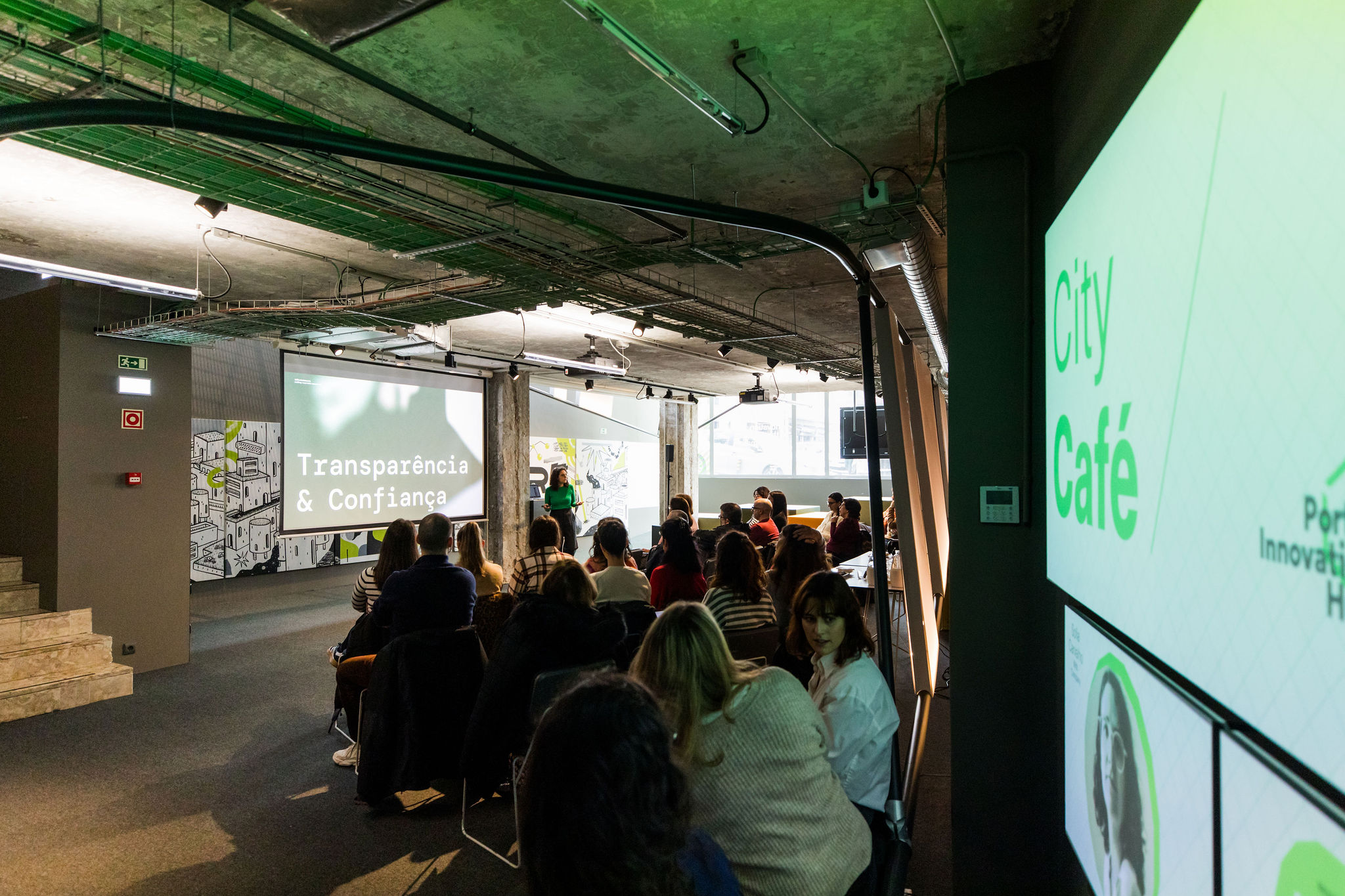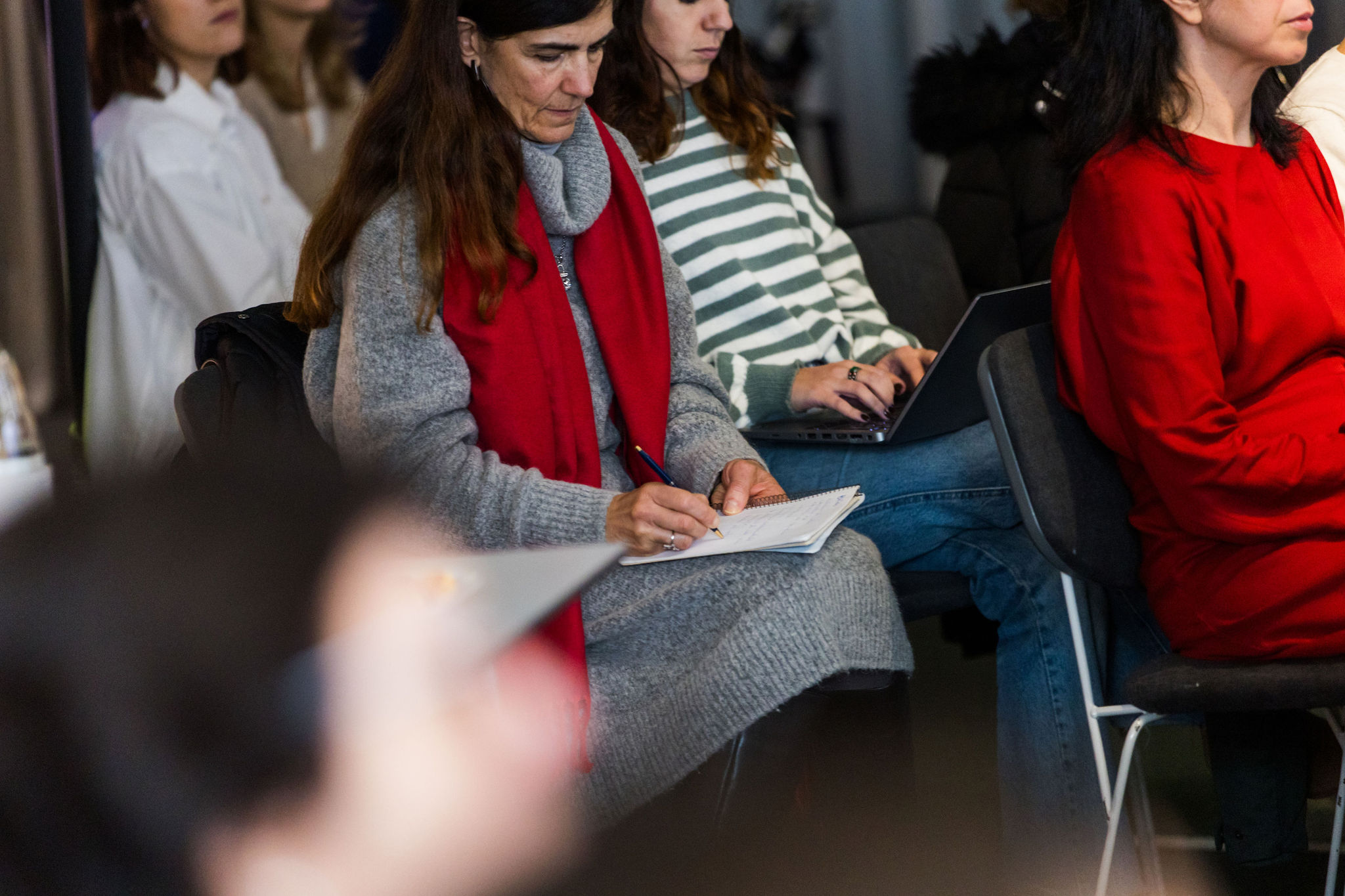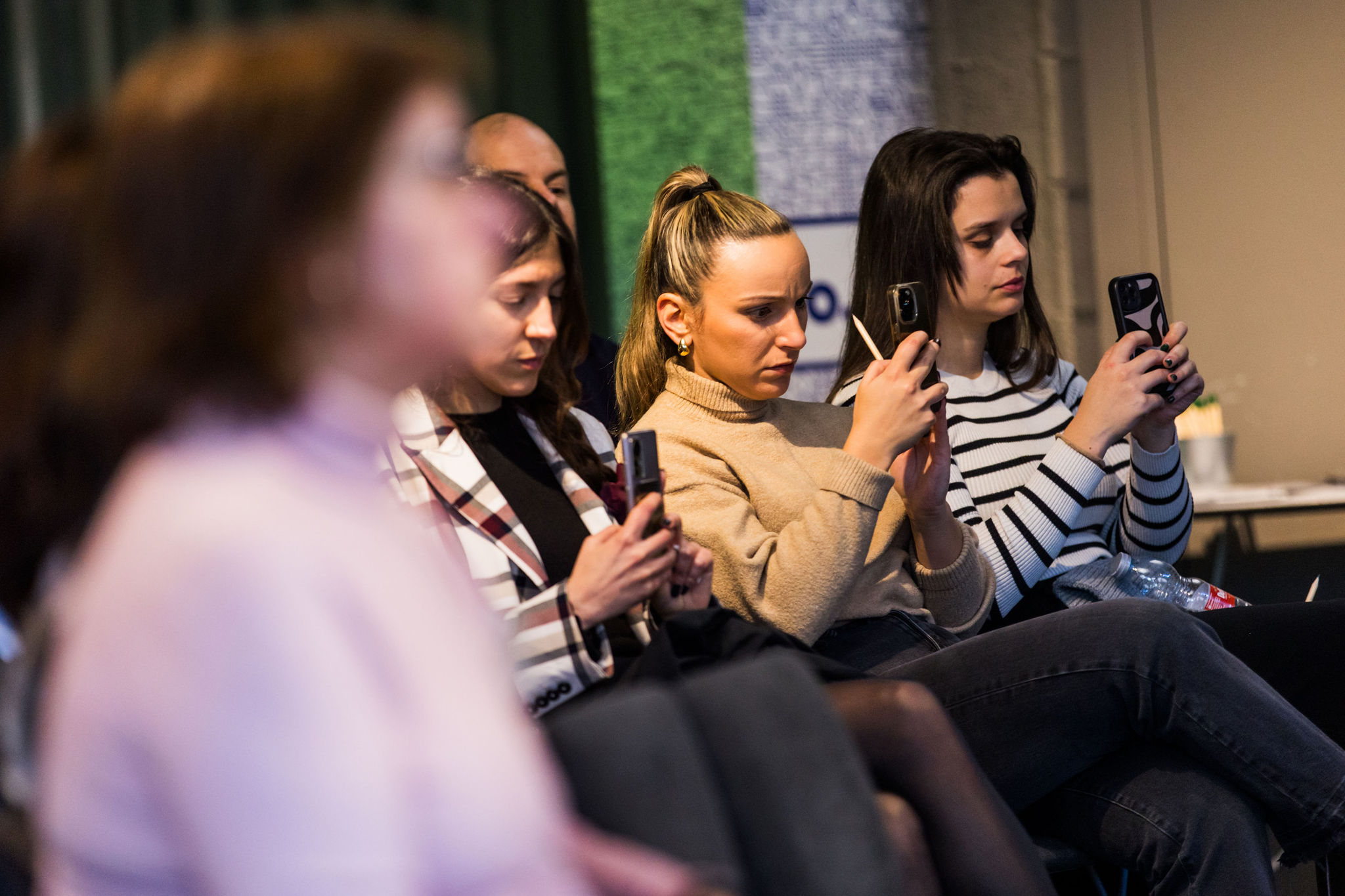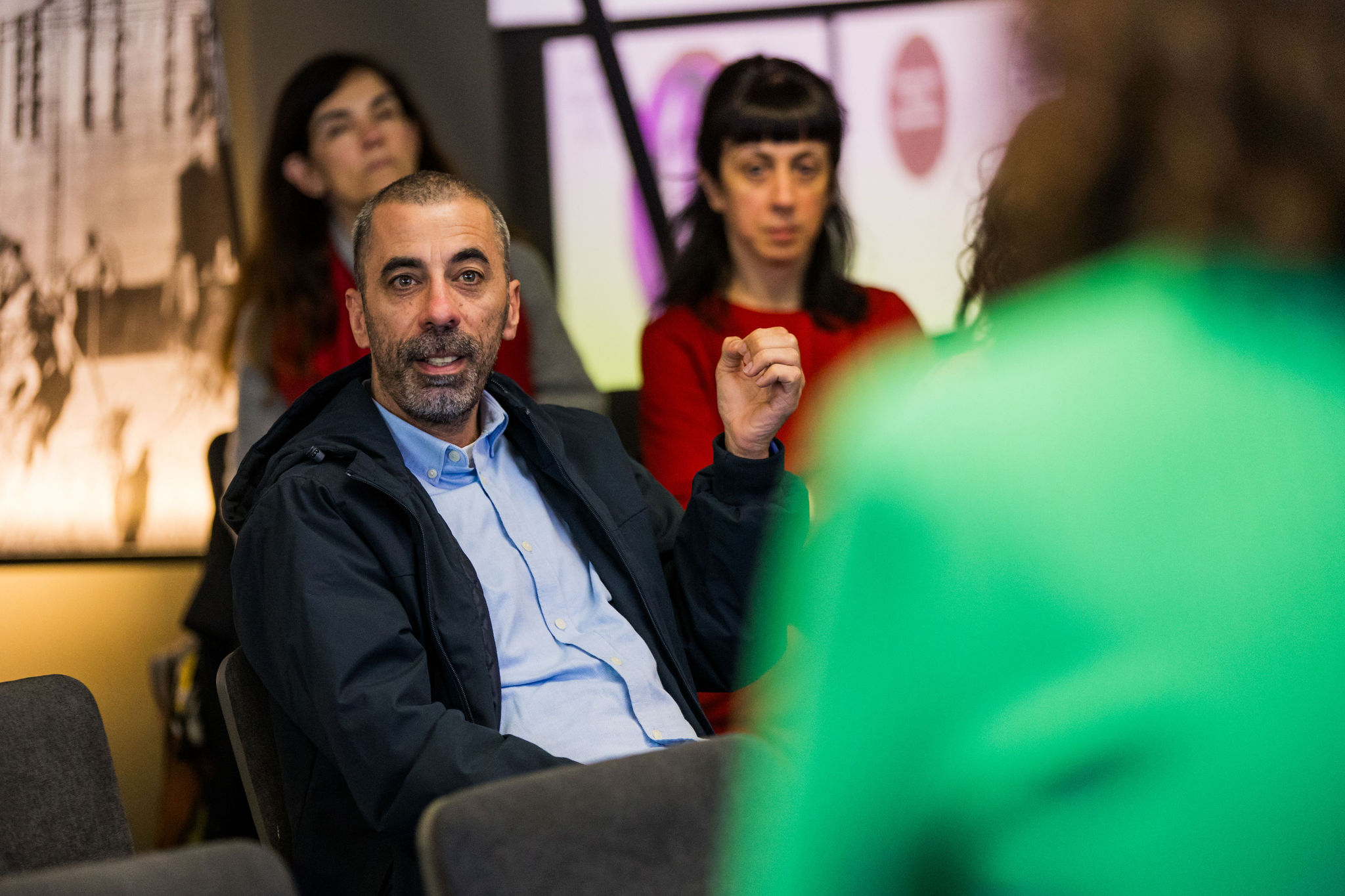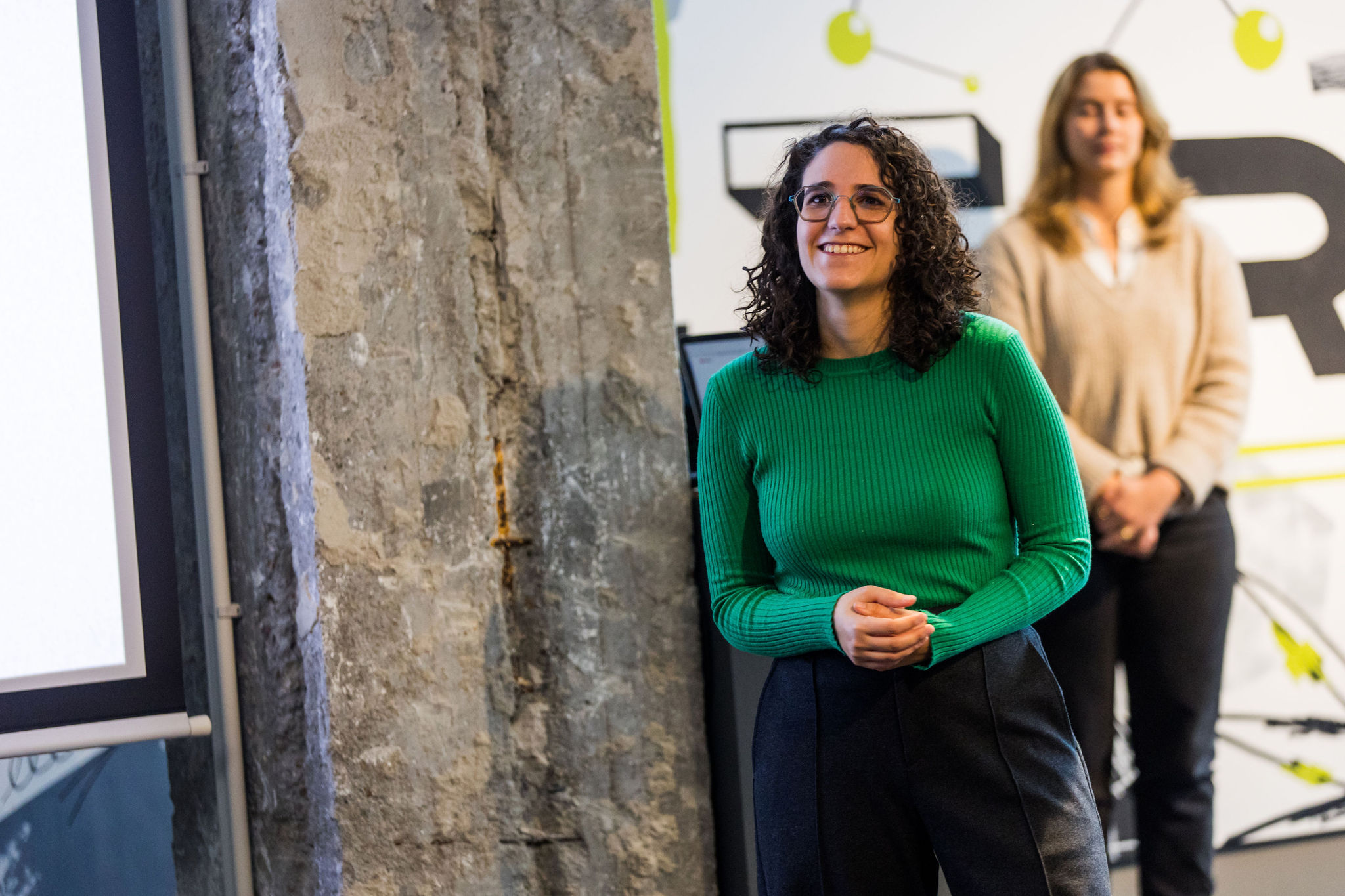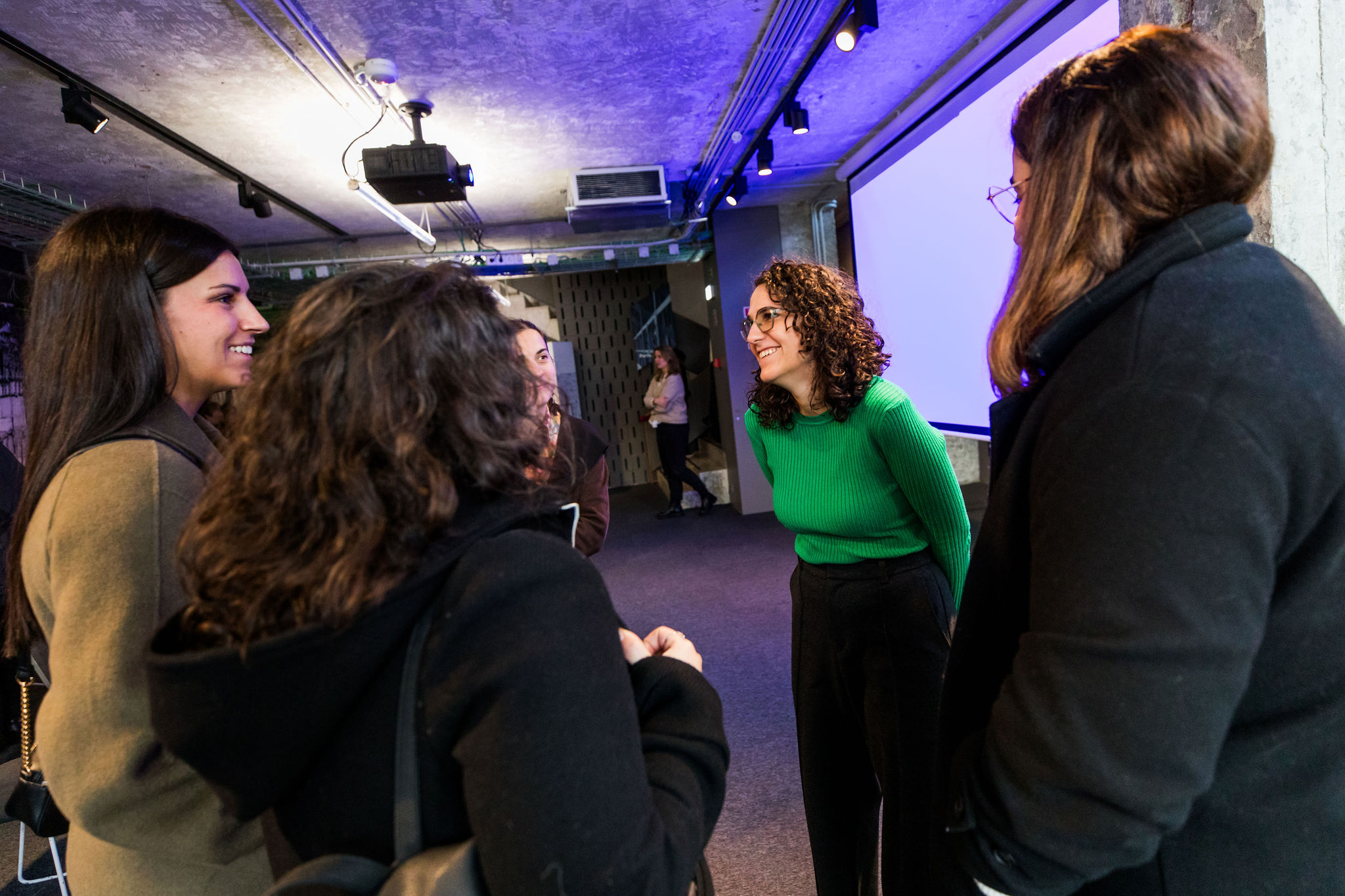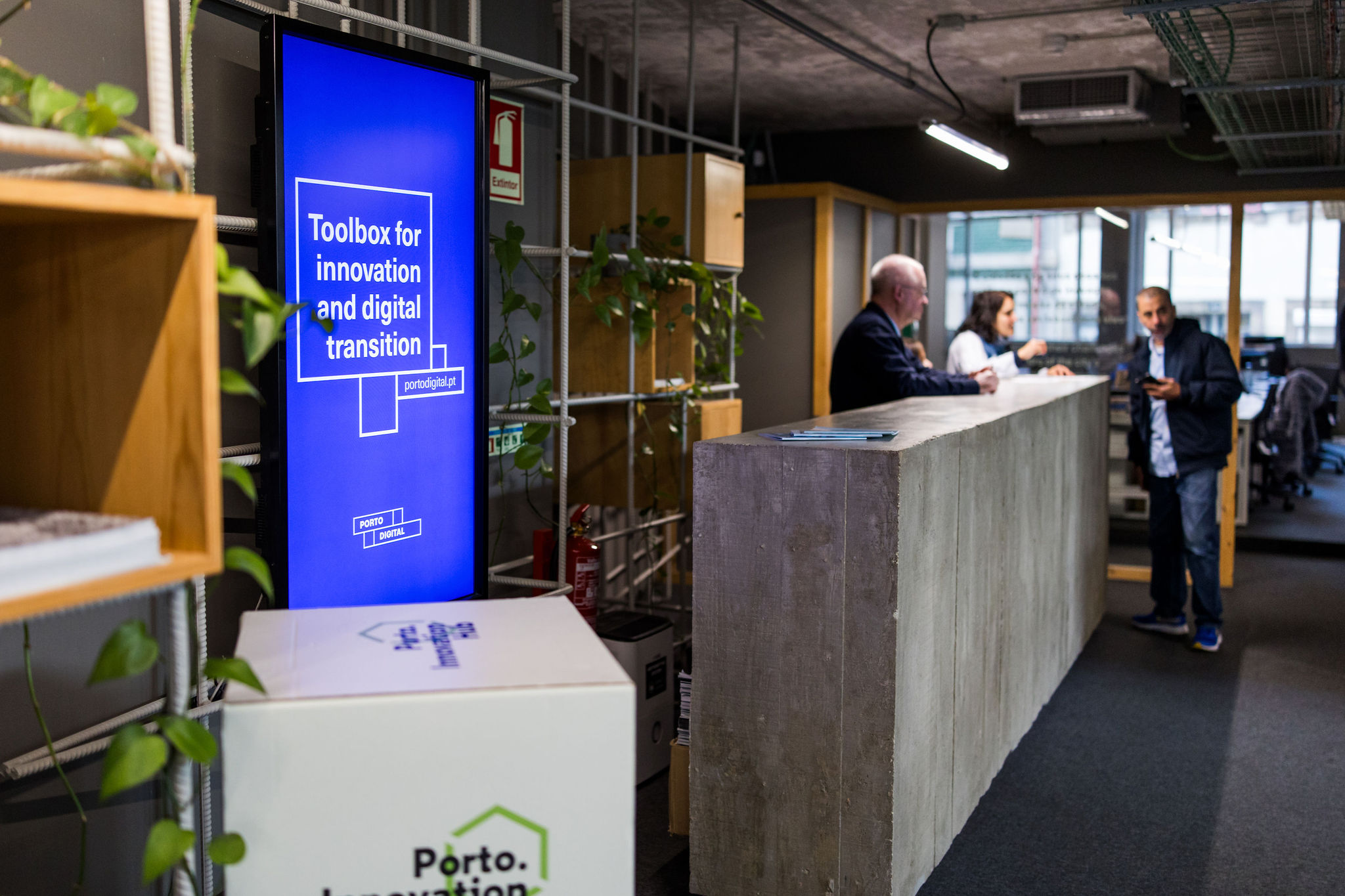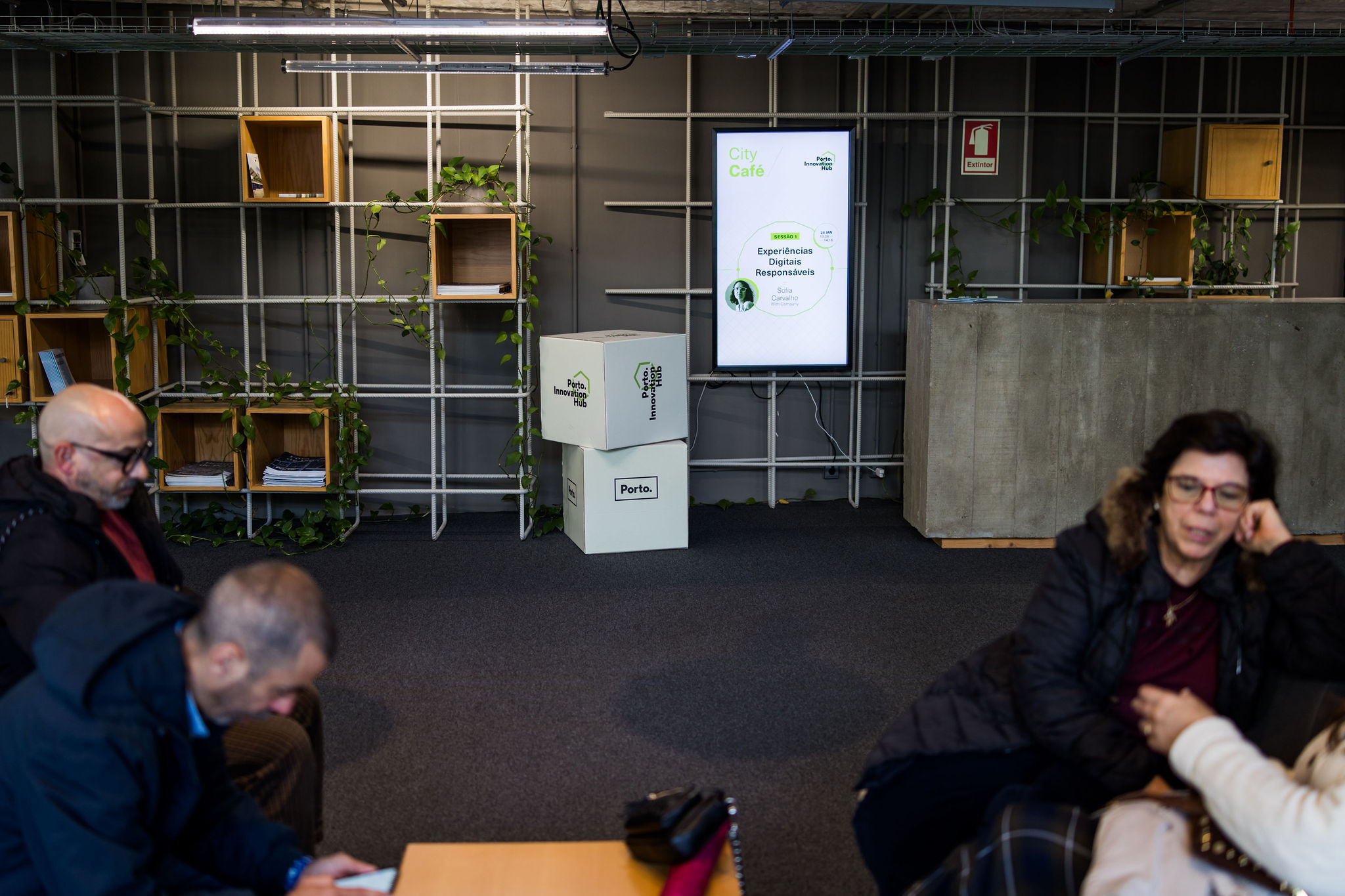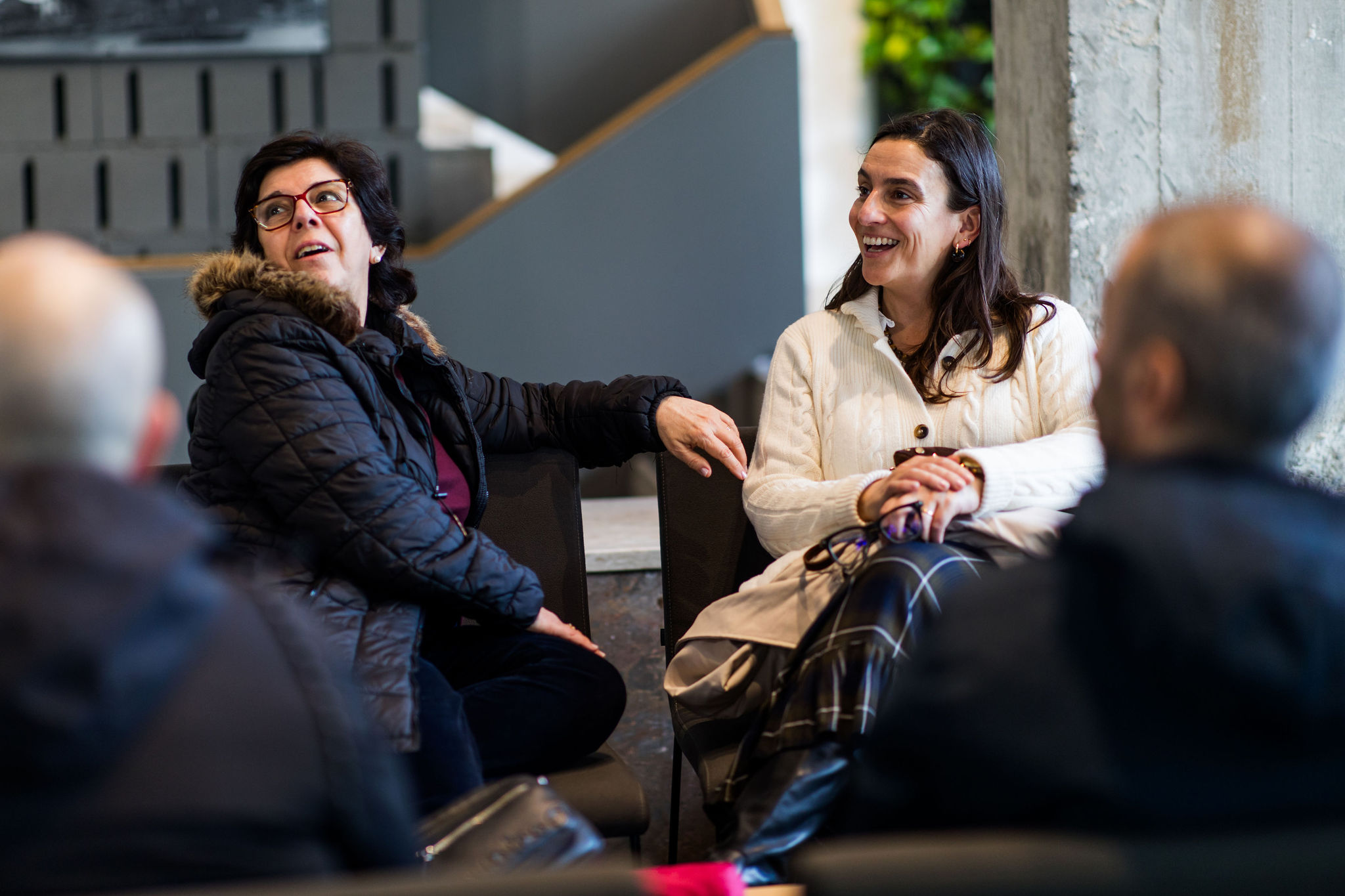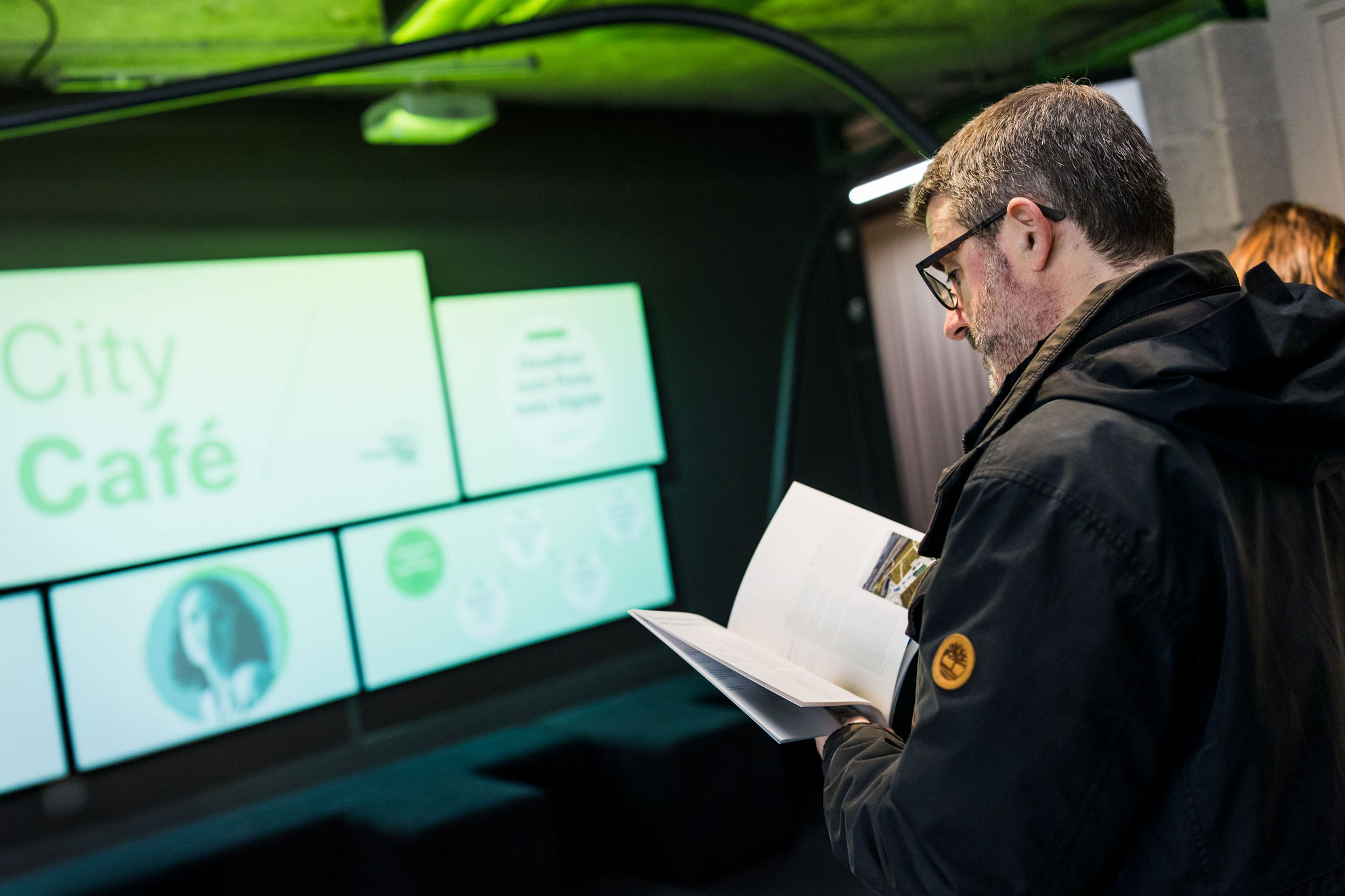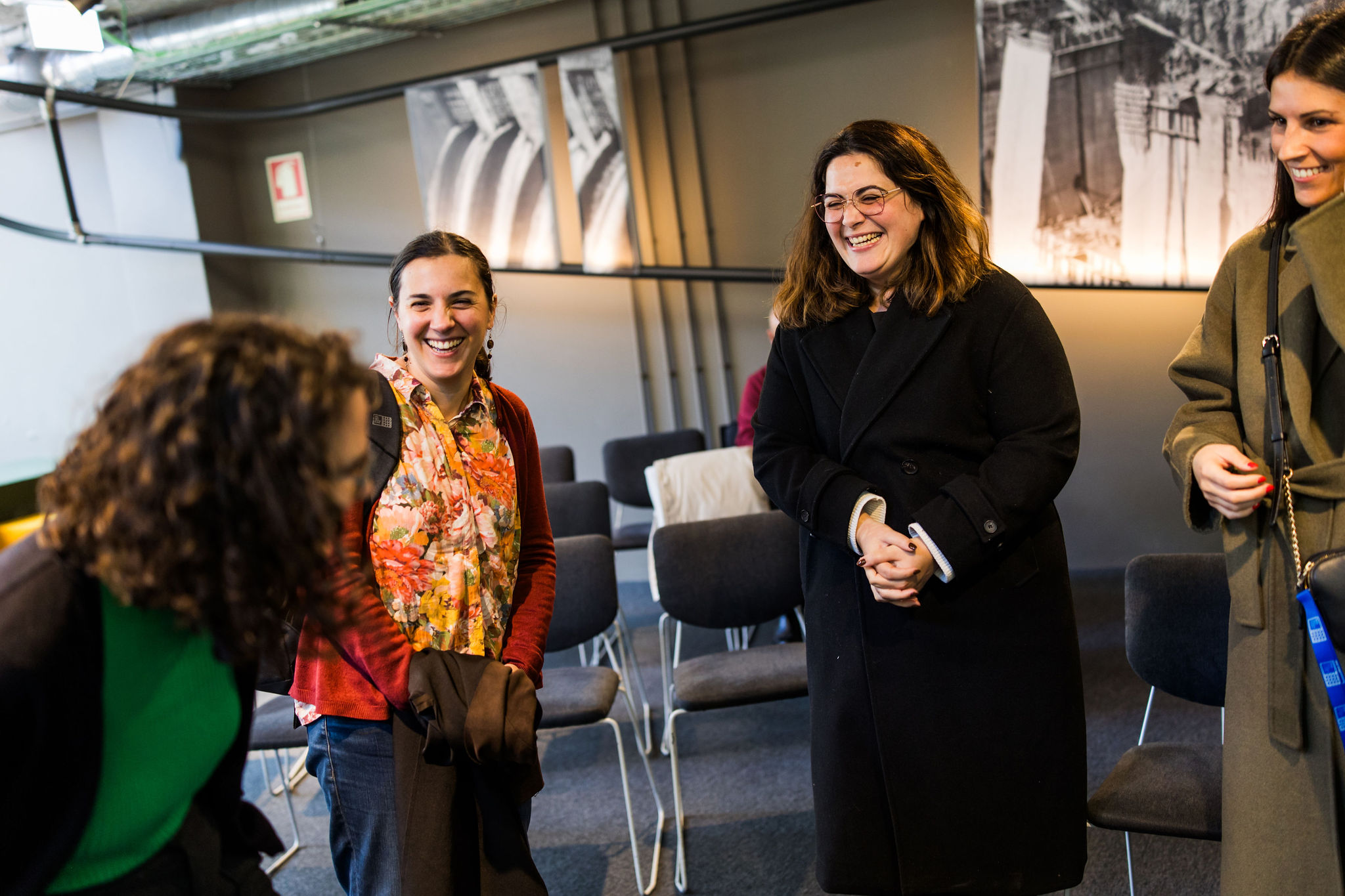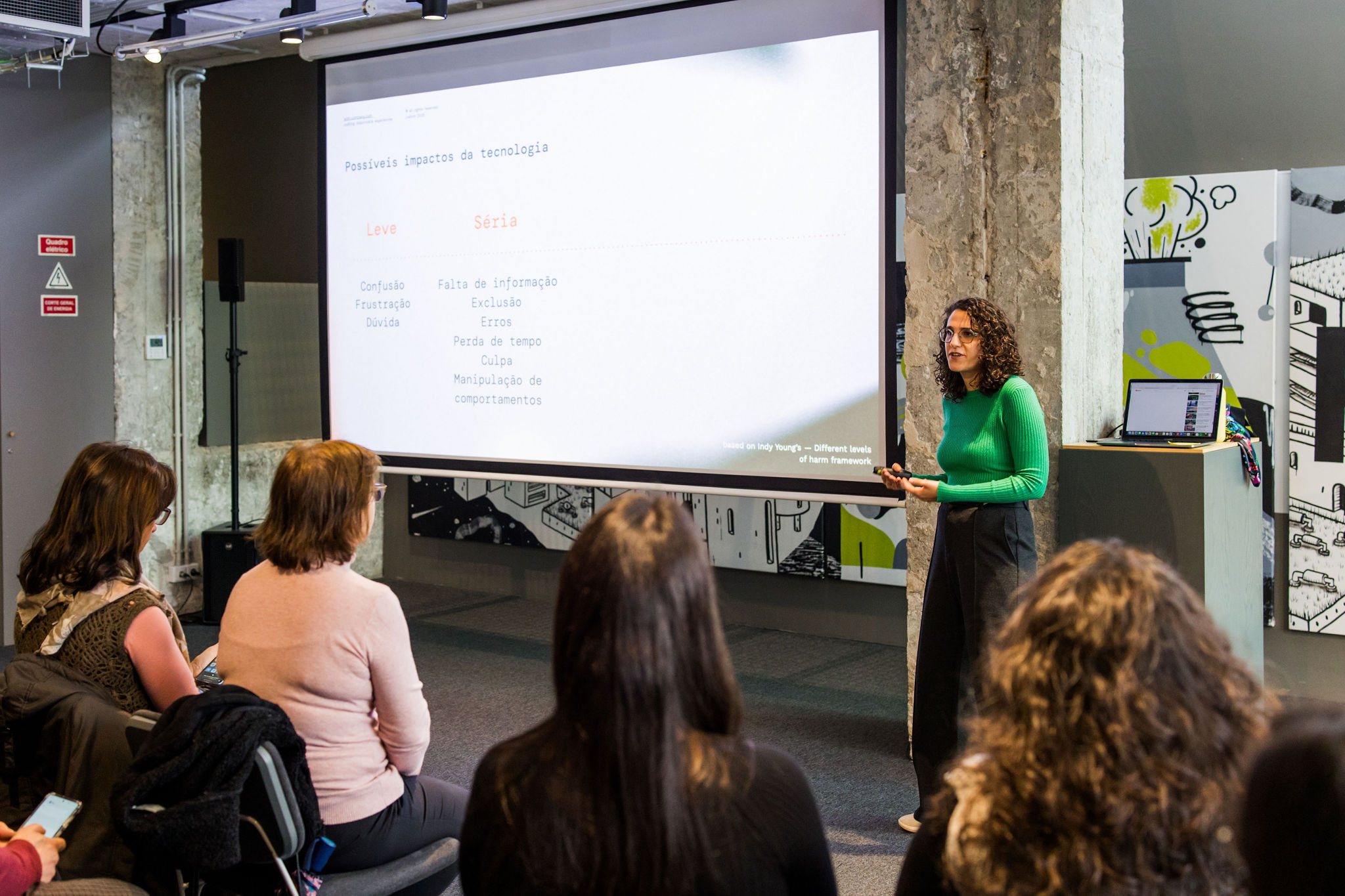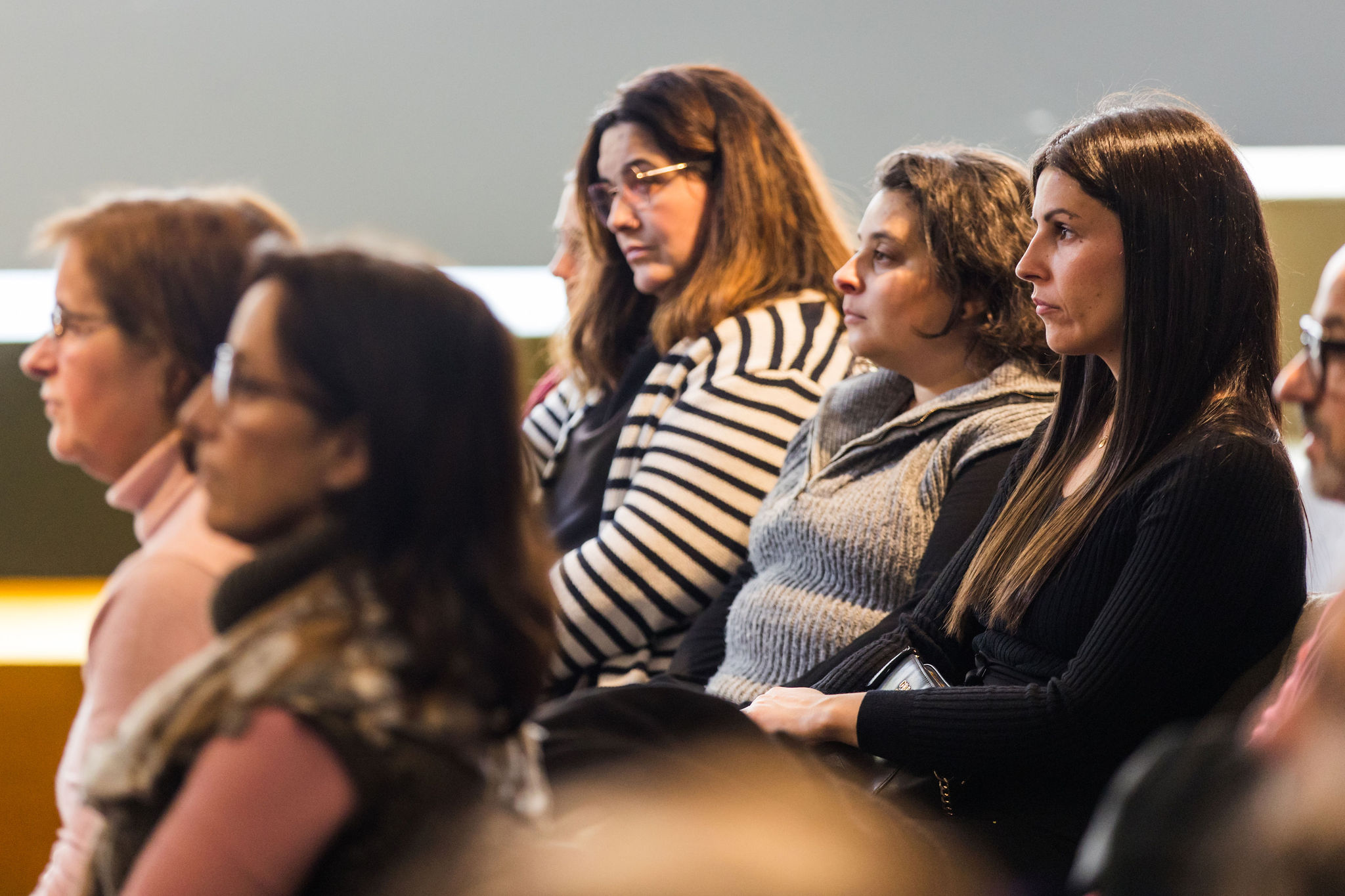Responsible Digital Experiences: how can technology serve society?
In a context where users have become more aware of the impact of their choices on society, the demand for greater responsibility and transparency from organisations has been increasing. This means that citizens seek innovative services and products but also increasingly expect them to align with ethical and social values.
With this in mind, the City Café introduced another edition featuring Sofia Carvalho, an expert in Experience Design for over a decade, who led a reflection on the theme “Responsible Digital Experiences.”
Technology at the service of people and communities
For the speaker, technology should serve people, empowering them to make more conscious and positive decisions for their communities. “I believe that technology and digital experiences should enable users to make better decisions about their actions and their impact on the community,” she emphasised.
During the session, innovative ways to create more ethical and sustainable products were discussed, challenging practices that prioritise commercial interests over user needs. According to the expert, digital design should not only address technical problems but also contribute positively to society.
The five pillars of responsible digital experiences
The speaker introduced five key factors to ensure that digital products are developed ethically and sustainably:
- Transparency – With users becoming increasingly aware of how their data is used, digital products must reinforce their commitment to privacy and security.
- Inclusion – Digital experiences should be accessible and representative, ensuring that all identities and characteristics are welcomed.
- Community Impact – Technology should bring people together, but it can also have negative effects on physical and social spaces. It is therefore essential for digital products to foster genuine and positive connections.
- Digital Well-being – People’s relationship with technology should be balanced, avoiding excessive stimulation and promoting more mindful usage.
- Sustainability – Digital solutions have a significant environmental impact. It is crucial that they are developed with energy efficiency and ecological concerns in mind.
Technology and civic responsibility
One of the most debated topics during the session was the impact of the digital world on community life. Is technology distancing us from our communities? According to Sofia Carvalho, the answer depends on how we use it.
“Technology can encourage responsible and supportive behaviours, helping us care for our city and its people,” she highlighted. As an example, she mentioned apps that suggest sustainable routes, encourage visits to green spaces, or promote local businesses.
These technological solutions can also reinforce more sustainable habits, such as using public transport, cycling, or adopting shared travel options. They allow users to track their CO₂ savings and even receive incentives for making eco-friendly choices.
With optimised design for sustainability, lightweight code, and features that minimise energy consumption, these applications demonstrate how technology can be an ally in building a more sustainable and inclusive future.
The next City Café session will take place on 13 February, featuring Joana Bordalo, on the topic “Innovation in Education,” at the Porto Innovation Hub at 1:30 PM.
